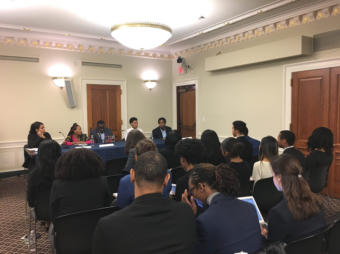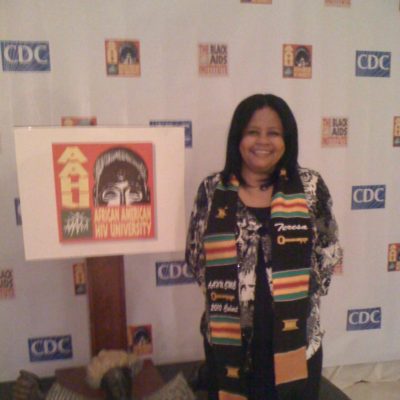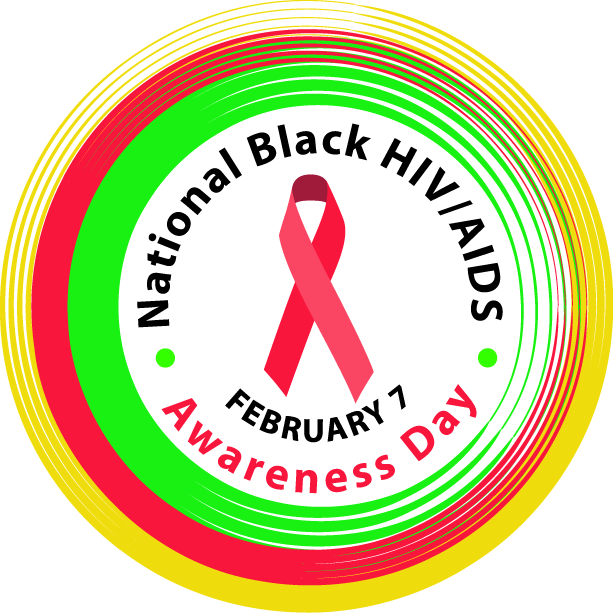Join Us for a Black History Month Webinar Feb. 21
Join us for a webinar for Black History Month on Feb. 21 at 3:00 PM EST. We are thrilled to welcome Leisha McKinley-Beach to talk about advocacy and awareness of HIV from Black leadership from the very beginning of the epidemic. NMAC is also honored to partner with the National Black AIDS Institute to present this webinar.
NMAC is also honored to partner with the National Black AIDS Institute to present this webinar.
This webinar is the first in NMAC’s Community Spotlight webinar series this year to celebrate and spotlight communities that are often invisible or overlooked due to issues of race, gender, or gender identity – and to make sure they and their challenges with HIV are seen and heard.
Join NMAC for Trainings in Jackson, MS and Ft Lauderdale , FL Next Week!
Are you in Jackson, MS, or Ft. Lauderdale, FL, the week of Feb. 5? Then join NMAC for a training session with our Strong Communities program! This training promotes an intentional discussion among community-based organizations and clinics about the social drivers of HIV, how they intersect with race, and how race affects HIV service delivery. Register NOW!
February 7 is National Black HIV/AIDS Awareness Day

February 7 marks the 18th year for National Black HIV/AIDS Awareness Day (NBHAAD), a national HIV testing and
treatment community mobilization initiative targeted at Blacks in the United States and the African Diaspora. Founded in 1999 as a national response to the growing HIV and AIDS epidemic in Black communities, NBHAAD presents the opportunity for those who have held communities together, spoken truth to power, demanded higher quality services, advocated for better access to treatment/prevention to help us achieve the end of the epidemic in our lifetime. Read more about NBHAAD and HIV in the African-American community.
Executive Update: Why NMAC Must Lead With Race
By Paul Kawata, Executive Director
We create coded language to explain why people of color must work smarter, stronger, and be more organized than their white counterparts. Racism is baked into the mainstream’s beliefs about people with different skin colors. It is unfair, but very real. White is seen as competent, while everyone else must prove their worth.
This is the lesson that parents of color teach their children, also known as “driving while black.” To protect our children, early on we share life’s ugly reality that the world isn’t fair. Your skin color can get you killed. Read more of Paul’s update.



 The third annual Biomedical HIV Prevention Summit will be held Dec. 3-4 at the
The third annual Biomedical HIV Prevention Summit will be held Dec. 3-4 at the 

 The United States Conference on AIDS isn’t until September but there are a lot of important deadlines before then. One of the first is submitting abstracts for consideration. That can be a confusing process, but NMAC is here to help!
The United States Conference on AIDS isn’t until September but there are a lot of important deadlines before then. One of the first is submitting abstracts for consideration. That can be a confusing process, but NMAC is here to help!






